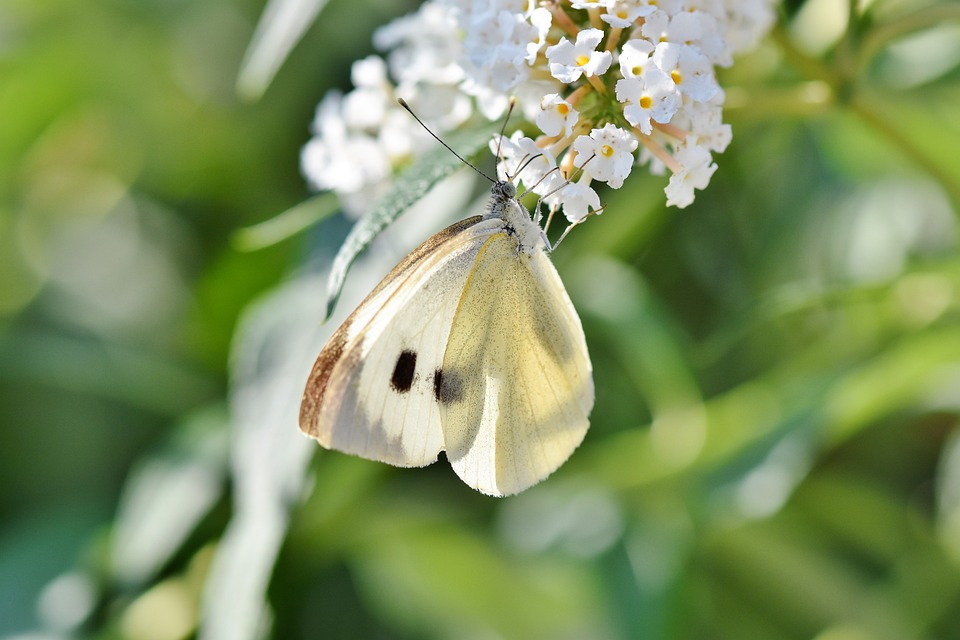As summer approaches and outdoor adventures beckon, the age-old battle against pesky insects begins anew. For decades, DEET (N,N-Diethyl-meta-toluamide) has been the go-to solution for warding off mosquitoes, ticks, and other biting bugs. While effective, concerns over DEET’s potential side effects and environmental impact have prompted many to seek alternative repellents. Fortunately, nature provides us with a range of effective, safer alternatives that can help keep bugs at bay without the downsides of traditional chemical repellents.
Understanding DEET
Before diving into alternatives, it’s vital to understand what DEET is and why it has been so widely used. Developed by the U.S. Army in the 1940s, DEET works by interfering with the sensory receptors that insects use to find hosts, effectively masking the scents that attract them. While it has proven to be effective, DEET can cause skin irritation in some individuals and has raised concerns about its long-term effects on human health and wildlife when introduced into the environment.
Given these considerations, many are opting for more natural solutions that are just as effective but potentially safer for both humans and the ecosystem.
Natural Alternatives to DEET
1. Picaridin
Picaridin is a synthetic compound that mimics the natural compound found in black pepper plants. It is effective against mosquitoes, ticks, and other insects and has been praised for its low odor and non-greasy feel. Unlike DEET, picaridin is less likely to irritate the skin and does not harm plastics or synthetic fabrics. Picaridin is available in various formulations, making it an excellent choice for diverse outdoor adventures.
2. Oil of Lemon Eucalyptus (OLE)
Extracted from the leaves of the lemon eucalyptus tree, OLE is a natural repellent endorsed by the CDC. It contains a compound called PMD (para-menthane-3,8-diol), known for its effectiveness against mosquitoes. Studies have shown that OLE can provide protection comparable to DEET but comes with a more pleasant scent. However, it is essential to note that lemon eucalyptus oil should not be used on children under three years old.
3. Lavender Essential Oil
Lavender is famous for its soothing scent and calming properties. Beyond its aromatherapy benefits, research has shown that lavender oil can repel mosquitoes effectively. Lavender can be applied topically when diluted with a carrier oil or used in a diffuser when spending time outdoors. Its pleasant aroma adds an extra layer of enjoyment to outdoor activities while keeping bugs at bay.
4. Tea Tree Oil
Another potent essential oil, tea tree oil, is known for its antibacterial and antifungal properties. Research indicates that it may also serve as an effective insect repellent. When diluted with a carrier oil, tea tree oil can be applied to the skin to deter mosquitoes and ticks. It’s important to perform a patch test first, as tea tree oil can cause skin irritation in some individuals.
5. Citronella
Often associated with outdoor gatherings, citronella oil is derived from lemongrass and has been a popular natural repellent for years. Citronella candles and torches can create a mosquito-free zone in backyards and patios. While the effectiveness of citronella can diminish in windy conditions, it remains a well-liked option for outdoor events.
6. Catnip Oil
Catnip, commonly associated with its euphoric effects on felines, also has insect-repelling properties. Research has shown that nepetalactone, the active ingredient in catnip oil, is even more effective than DEET at repelling mosquitoes. While it might not be readily available in commercial products, you can make your own topical repellent by mixing catnip oil with a carrier oil.
Tips for Effective Bug Repellent Use
To maximize the effectiveness of natural repellents, consider the following tips:
-
Reapply Regularly: Natural repellents often need to be reapplied more frequently than DEET-based products, especially after sweating or swimming.
-
Combine Methods: Use insect-repelling clothing, mosquito nets, and screens, along with topical repellents, for enhanced protection.
-
Avoid Scented Products: Scented lotions and shampoos can attract insects, so opt for unscented products when spending time outdoors.
- Choose Locations Wisely: Try to avoid areas where insects are prevalent, such as standing water or dense vegetation.
Conclusion
As awareness of the potential risks associated with chemical repellents like DEET grows, the market for natural alternatives continues to expand. From picaridin to essential oils like lavender and tea tree, effective options exist that provide protection against pests while prioritizing safety and environmental concerns. By exploring these alternatives, you can enjoy the great outdoors bug-free, allowing for more moments of adventure and pleasure without the worry of unwelcome insect visitors.
